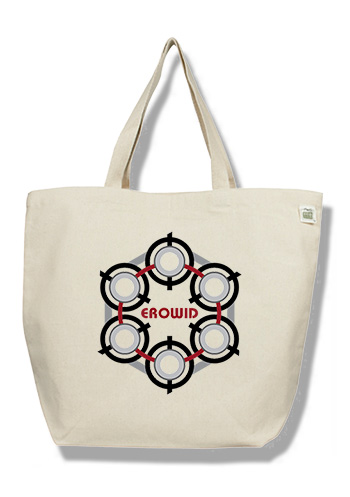Treatment of DXM Poisonings
For Poison Control and Health Care Workers
v1.1 - Dec 7 2017
Following is a set of treatment guidelines for health care workers managing or treating dextromethorphan poisonings. It is only intended for treatment of DXM alone as ingestion of other substances in combination with DXM could require different treatment. It is taken primarily from "Dextromethorphan poisoning: an evidence-based consensus guideline for out-of-hospital management", by Chyka et al, 2007.
- All patients with suicidal intent, intentional abuse, or in cases in which a malicious intent is suspected (e.g., child abuse or neglect) should be referred to an emergency department (Grade D).
- Patients who exhibit more than mild effects (e.g., infrequent vomiting or somnolence [lightly sedated and arousable with speaking voice or light touch]) after an acute dextromethorphan ingestion should be referred to an emergency department (Grade C).
- Patients who have ingested 5-7.5 mg/kg should receive poison center-initiated follow-up approximately every 2 hours for up to 4 hours after ingestion. Refer to an emergency department if more than mild symptoms develop (Grade D).
- Patients who have ingested more than 7.5 mg/kg should be referred to an emergency department for evaluation (Grade C).
- If the patient is taking other medications likely to interact with dextromethorphan and cause serotonin syndrome, such as monoamine oxidase inhibitors or selective serotonin reuptake inhibitors, poison center-initiated follow-up every 2 hours for 8 hours is recommended (Grade D).
- Patients who are asymptomatic and more than 4 hours have elapsed since the time of ingestion can be observed at home (Grade C).
- Do not induce emesis (Grade D).
- Do not use activated charcoal at home. Activated charcoal can be administered to asymptomatic patients who have ingested overdoses of dextromethorphan within the preceding hour. Its administration, if available, should only be carried out by health professionals and only if no contraindications are present. Do not delay transportation in order to administer activated charcoal (Grade D).
- For patients who have ingested dextromethorphan and are sedated or comatose, naloxone, in the usual doses for treatment of opioid overdose, can be considered for prehospital administration, particularly if the patient has respiratory depression (Grade C).
- Use intravenous benzodiazepines for seizures and benzodiazepines and external cooling measures for hyperthermia (>104 degrees F, >40 degrees C) for serotonin syndrome. This should be done in consultation with and authorized by EMS medical direction, by a written treatment protocol or policy, or with direct medical oversight (Grade C).
- Carefully ascertain by history whether other drugs, such as acetaminophen, were involved in the incident and assess the risk for toxicity or for a drug interaction.
References #
- Chyka PA, Erdman AR, Manoguerra AS, Christianson G, et al. "Dextromethorphan poisoning: an evidence-based consensus guideline for out-of-hospital management". Clin Toxicol. Sep 2007;45(6):662-77.


